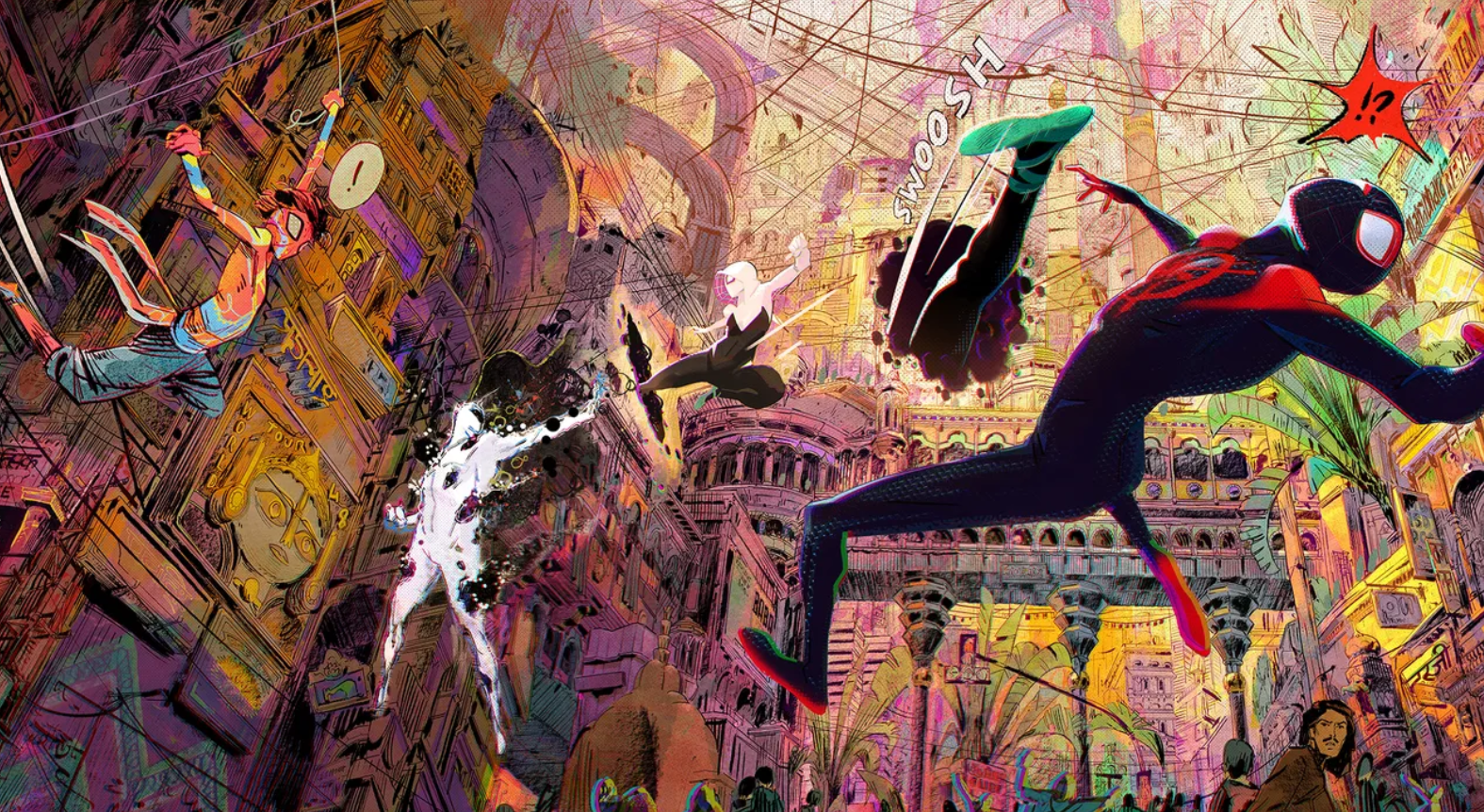“Across the Spider-Verse,” the highly anticipated sequel to the Oscar-winning animated film “Spider-Man: Into the Spider-Verse,” has faced significant challenges during its development and production.
Crew members involved in the project have expressed concerns about the demanding working conditions and the management style of Phil Lord, one of the film’s directors.
This article delves into the difficulties faced during the creation of the movie and sheds light on broader issues within the animation industry.

Lord and Miller’s Revolutionary Style Inspires and Strains
Lord and Miller, renowned for their innovative approach in animated filmmaking, set a new standard with “Spider-Man: Into the Spider-Verse.” Their distinctive visual language influenced other projects, such as the Teenage Mutant Ninja Turtles reboot.
However, the intensive nature of their work led to concerns about sustainability and its impact on the crew.
Relentless Revisionism and Management Issues in Across the Spider-Verse

The crew members reveal that the process of creating “Across the Spider-Verse” was marked by constant revisions, even in late-stage production. Lord’s initial struggle to conceptualize 3-D animation and his preference for editing fully rendered work contributed to delays and a backlog of work across departments.
The crew faced grueling schedules, working more than 11 hours a day, seven days a week, for over a year.
Lord’s Dominance and Miller’s Absence
Insiders report that Lord’s forceful presence overshadowed the film’s three co-directors, leading to his final approval being required for every sequence. Miller, on the other hand, was reportedly absent for a significant portion of the production.
Sony’s Response and Disputes
Sony executives, including Amy Pascal and Michelle Grady, refute claims about Lord’s management style and emphasize that animation involves an iterative process with revisions being a standard practice. They argue that the film’s major overhauls, affecting both the narrative and visuals, contributed to the departure of crew members.
Worker Concerns and Industry Challenges in Across the Spider-Verse

The crew members’ experiences echo concerns expressed by the Animation Guild (TAG), which advocates for equitable employment practices. The animation industry’s exponential growth has increased the demand for talent, but workers often face gig-like conditions. TAG aims to secure better representation and working conditions for animation artists and technicians.
The making of “Across the Spider-Verse” has highlighted the difficulties and pressures faced by the animation industry. While Lord and Miller’s innovative style has inspired others, the intensive and demanding nature of their work has raised questions about sustainable production practices.
The experiences shared by crew members underscore the need for improved labor conditions and union representation within the industry. As audiences anticipate the release of “Across the Spider-Verse,” it serves as a reminder of the challenges faced behind the scenes of animated films.
